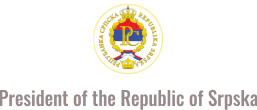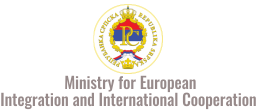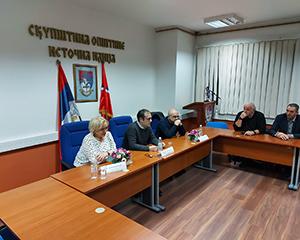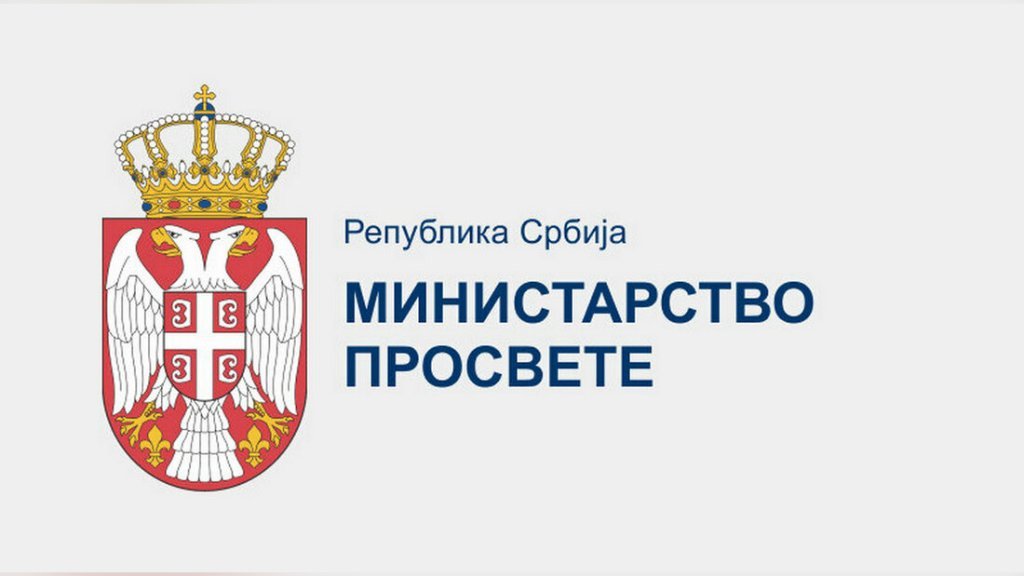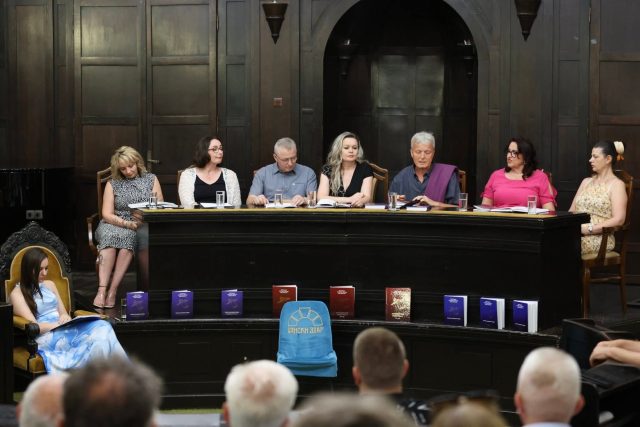Professors from the Department of Serbian Studies at the Faculty of Philosophy, University of Istočno Sarajevo, Milanka Babić and Saša Knežević, spoke about the status of the Serbian language and alphabet. Babić told reporters that Serbian language and Cyrillic were in a state of neglect, noting language culture in particular.
‘The state of language culture is very poor, with the worst being that we no longer have any relationship that would be considered a relationship of respect and appreciation of our language and culture. The language has been reduced to a mere communication tool,’ Babić warned.
According to her, all those who are making public appearances and shaping public opinion should nurture their own culture and language with zeal and love, in order to improve and develop it as much as possible, because language follows societal changes and society. Babić also noted the need to refine, adapt and simplify the current Serbian Language Orthography, which, as she stated, made proofreading and being literate terribly difficult.
‘Refining the Orthography and eliminating numerous shortcomings and mistakes is now underway, as well as reducing it to a simpler variant that will be acceptable and clear to every user, regardless of their field of education,’ Babić emphasized. She said that such roundtables were a small attempt to raise awareness about the language and language culture.
Babić reminded that language experts in Serbia and Republic of Srpska had long been advocating a unified language policy and law on Cyrillic script protection, considering that it was more than clear that its use had been reduced to a minimum in our public space dominated by Latin script.
‘The intent of the Law on the Protection, Preservation and Use of the Language of the Serb People and the Cyrillic Alphabet is not to expel Latin script, as is being misinterpreted. In private life, anyone can use any alphabet, but in the official sense and systemic use, the law recommends, although it does not strictly order the use of Cyrillic as the primary alphabet, except in traffic, state and local government institutions,’ Babić explained.
She adds that the law in the Republic of Srpska underwent certain changes because it had to be adjusted to the constitutions of BiH, but also of Srpska, which provides for the official use of languages of all three peoples and two alphabets.
‘As linguists, we expected and endeavored to have the use of Cyrillic imposed by law, not only in the official use, but also in public. We advocated the obligation for advertisements on companies to be written in Cyrillic first, and potentially in Latin below, as well as the obligation for the media, at least those financed with state money, to use Cyrillic script. However, the legislator was much more cautious, only recommending the use of Cyrillic outside official use,’ Babić said.
Knežević believes that the situation is alarming since there is need to legally protect the language and script.
‘It is normal for a people to have its own language, to preserve it and to be aware of it, especially for the peoples who have their own alphabet, such as Serbs have Serbian Cyrillic. In our own way, we have managed to misplace both. We often accuse others of stealing from us, but this is our negligence towards the Serbian language and Cyrillic script,’ Knežević pointed out.
He believes that the new law on language and script protection is an opportunity to introduce the obligation to write all documents correctly in the Serbian language, which is not possible without a proofreader.
‘No one else can do that, and if we could legally impose the obligation to employ proofreaders in public institutions, but also in the media, not only would we have all Serbian studies graduates employed, but the need for others would immediately arise. The problem can be resolved very easily by legal solutions prescribing that Serbian language and Cyrillic script must be used correctly,’ Knežević said. He stated that he would first try, in projects of employment of trainees in local communities, to have at least one professor of Serbian language and literature among the recruited trainees, and to have an evaluation after two years to show its effect on literacy in those institutions.
The roundtable was organized by the Center for Culture and Information Istočna Ilidža in cooperation with the Serbian Studies Department of the Faculty of Philosophy, University of Istočno Sarajevo.
Source and photo: SRNA
